Features
ANARCHY IN BELARUS
Anti-authoritarian Voices in Uprising against the Dictatorship
by Bill Weinberg, Fifth Estate
The former Soviet republic of Belarus exploded into angry protests last August in the wake of contested presidential elections that resulted in a totally implausible landslide victory for long-ruling strongman Alexander Lukashenko. Police, riot squads and army troops unleashed harsh repression, using rubber bullets, flash-bang grenades and water-hoses against demonstrators in the capital Minsk and other cities.
Lukashenko, in power since 1994, was challenged in the Aug. 9 election by opposition candidate Svetlana Tikhanovskaya—a surprise replacement for her husband Sergei, a popular blogger who was arrested after he attempted to launch a presidential campaign. She held large rallies in Minsk and other cities, riding a groundswell of popular discontent with Lukashenko. After the vote, Tikhanovskaya was expelled by the Belarusian KGB to Lithuania, as spontaneous protests broke out. From exile, Tikhanovskaya issued a call for continued protests to force Lukashenko from power.
U.S. MILITARIZING BORDERS IN CENTRAL AMERICA
by Kevin Lapp, Jurist
The Biden Administration recently came to agreements with Mexico, Honduras, and Guatemala to increase their border enforcement. These agreements aim to reduce the number of migrants who are able to make their way to the US-Mexico border by extending American border defense thousands of miles south of that border. And they do so in a very American fashion—through deterrence achieved by militarizing borders. Now, the US is outsourcing the militarization to other nations.
According to White House Press Secretary Jen Psaki, Mexico agreed to keep 10,000 troops at its southern border, Guatemala will add 1,500 police and military personnel to its southern border and set up 12 checkpoints along the migratory route through the country. Honduras will deploy 7,000 police and military to its border. Subsequent reports indicate that the US has agreed to train members of the Guatemalan task force that will be deployed to the country's borders. What the US has offered in return, or promised not to do, in exchange, for these commitments is unclear.
BIDEN MUST STOP DEPORTING HAITIANS
by Anne Bloomberg, Jurist
On March 12, the Biden Administration designated Myanmar for Temporary Protective Status (TPS). Homeland Security Secretary Alejandro Mayorkas said, "Due to the military coup and security forces’ brutal violence against civilians, the people of Burma are suffering a complex and deteriorating humanitarian crisis in many parts of the country." A few days earlier, Venezuela was designated for Temporary Protective Status. The Secretary cited the fact that Venezuela is "a country in turmoil, unable to protect its own citizens."
Haiti is currently experiencing a constitutional crisis. Haitian judges, lawyers, and civil society largely agree that President Jovenel Moїse's term legally ended in February of 2021. Moїse argues that he has one more year due to a delay in his taking office caused by a rerun of the election. Postponement of the 2019 elections, arguably due to the government's mismanagement, means there is no functioning parliament and Moїse is ruling by decree. The United Nations has expressed concern over declining judicial independence. Moїse is calling for a vote on constitutional reforms that will shift the balance between the executive and legislative branches. A referendum on the changes is scheduled for June.
ETHNIC MINORITIES AND BURMA'S RESISTANCE
by Andy Heintz, CounterVortex
With its February coup d'etat, Burma's military—known as the Tatmadaw—has unwittingly created a nonviolent resistance that is more diverse and inclusive than any movement in the country's history. The threat of death, torture or prison has not deterred protesters from continuing to participate in acts of civil disobedience against the military and its allies. These demonstrators have shown an amazing amount of bravery and discipline by continuing to practice nonviolent resistance against a military that has once again shown it has no qualms about doing whatever it needs to do to hold onto power. This includes using live ammunition to kill peaceful protesters, arson to destroy entire villages, rape and other forms of sexual violence as a weapon of war.
BURMA: A NEW DEMOCRATIC UPRISING
by Nava Thakuria, CounterVortex
Burma is once again in the international headlines as the Southeast Asian nation has lost another opportunity to sustain its credibility as a multi-party democracy. A one-year state of emergency and period of military rule was announced in the early hours of February 1, when the generals again seized power. Many of the newly elected lawmakers were detained just hours before Parliament was to convene its fresh session.
But over a hundred thousand Burmese citizens have taken to the streets across the country in the days since then, demanding restoration of democratic rule and release of all detained political leaders—including pro-democracy icon Aung San Suu Kyi, known to her followers by the honorific Daw, or aunt. The spontaneous demonstrations across Burma bring back memories of the 2007 Saffron Revolution, led by Buddhist monks, which paved the way for the democratic transition four years later.
INVOKE INTER-AMERICAN CHARTER FOR U.S.A.
by Henry "Chip" Carey and Jennifer McCoy, Jurist
Americans were shocked by the January 6 storming of the US Capitol by the Proud Boys and other right-wing mobs and militia. International observers and some US politicians began referring to the country as a "banana republic"—a derogatory statement referring to banana-producing countries in Central America with histories of unstable and corrupt governments. Latin Americans generally have had more experience with and can more easily recognize thuggish behavior and its danger right away, be it from the left or the right. They therefore have been at the forefront in taking multilateral and region-wide action to promote and protect democracy.
The Western hemisphere in fact designed a process to collectively defend against threats to democracy like the one just faced by the US: the Inter-American Democratic Charter. This Charter could be invoked now to warn about the dangerous precedent set by an elected president refusing to accept the results of an electoral defeat and inciting violence to distort or prevent a peaceful transfer of power.
JOURNO-MURDER SURGE IN INDIA
by Nava Thakuria, CounterVortex
In an industry already hard hit by the COVID-19 pandemic, India’s media this year also saw an alarming increase in the slaying of journalists. As 2020 approaches its end, India emerges as one of the most dangerous countries in the world for working journalists—second only to Mexico. While Mexico has seen 12 journo-murders this year, the world’s largest democracy has registered 12.
The latest gloomy news broke from Tamil Nadu, where Telugu-language scribe G. Nagaraj, 45, fell prey to the assailants on November 22. Working for regional newspaper Villangam, Nagaraj was attacked by a group of goons with sharp weapons in full public view at Hosur locality. Seriously injured, Nagaraj was taken to a nearby government hospital where the doctors declared him brought dead. Acording to local accounts, he had recently been reporting on land-grabbing by Tamil Nadu’s “real estate mafia.”
'I STILL CANNOT GET OVER IT'
Seventy-five years after Japan atomic bombings, a nuclear weapons ban treaty is finally realized
by Gwyn McClelland, The Conversation
The UN Treaty on the Prohibition of Nuclear Weapons will finally come into force after the 50th country (Honduras) ratified it October 25. The treaty will make the development, testing, stockpiling and use of nuclear weapons illegal for those countries that have signed it.
This is an extraordinary achievement for those who have suffered the most from these weapons—including the hibakusha (survivors) of the bombings of Hiroshima and Nagasaki and the islanders who lived through nuclear weapons testing in the Pacific.
Since 1956, the hibakusha in Japan, South Korea, Brazil and elsewhere have been some of the most strident campaigners against the use of these weapons. Among them is a group of Japanese Catholics from Nagasaki whom I interviewed as part of my research collecting the oral histories of atomic bomb survivors.





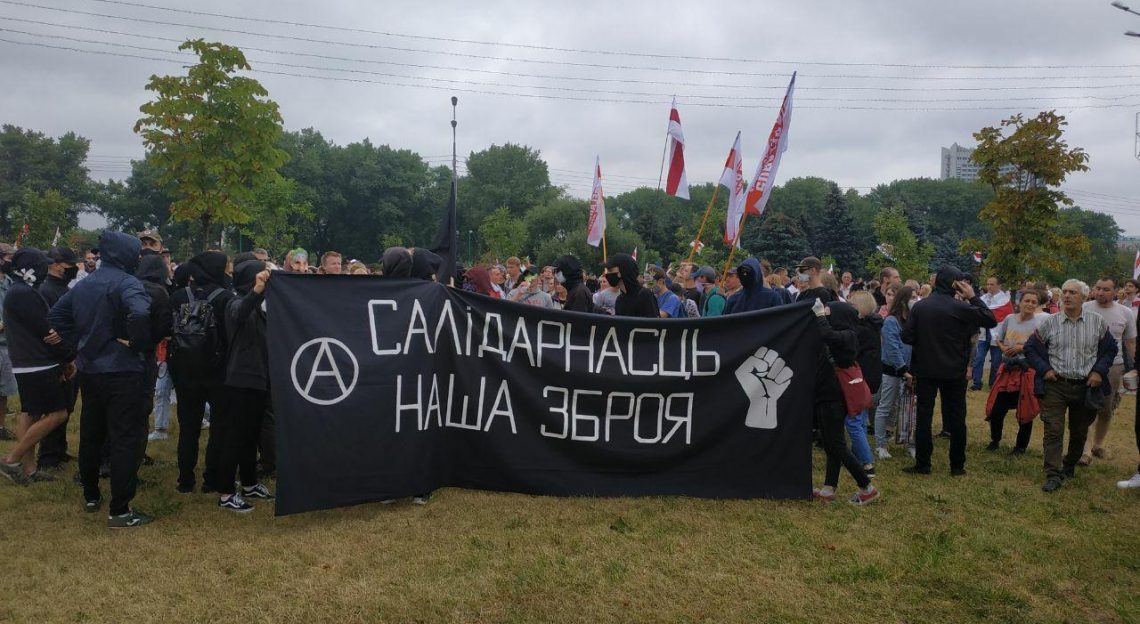
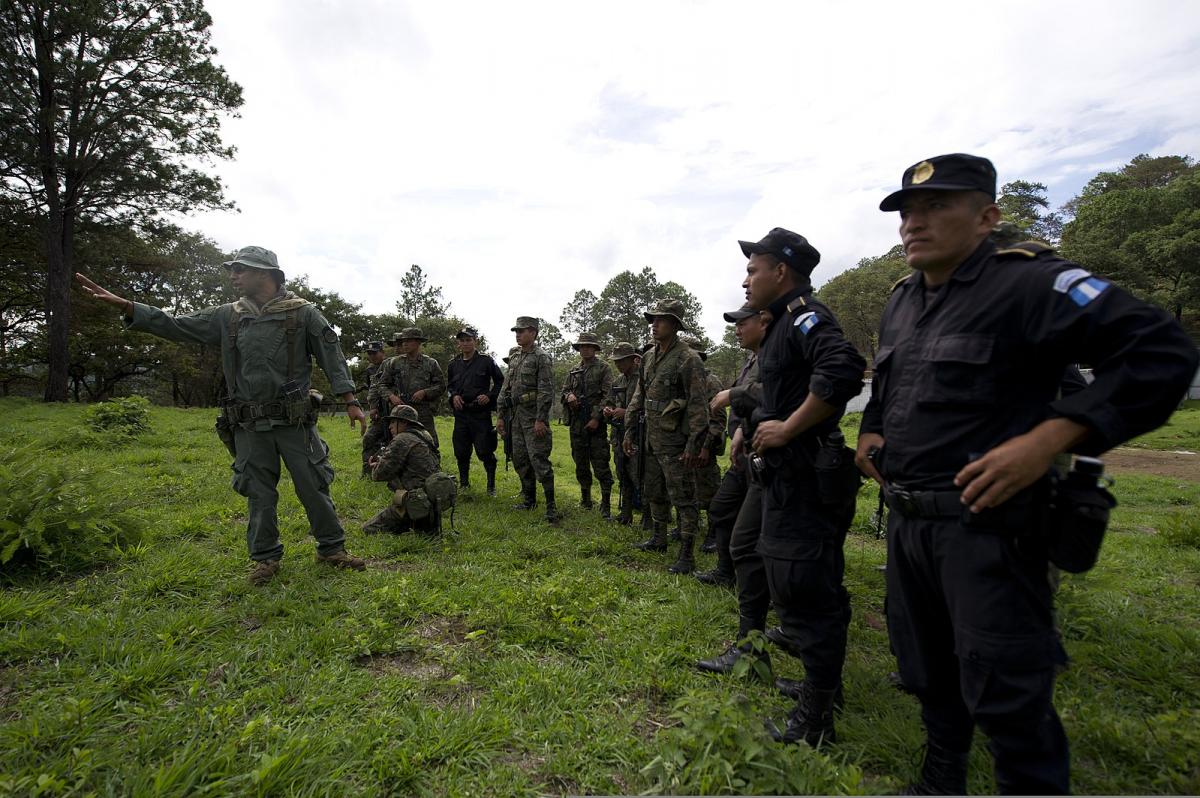
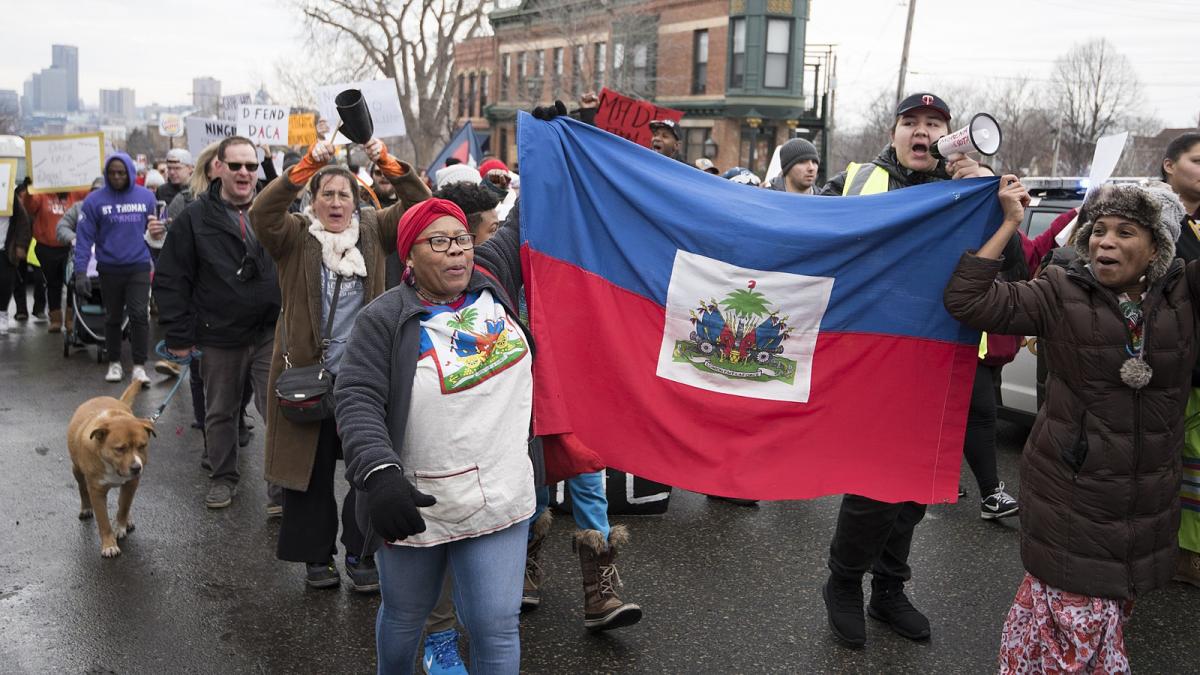
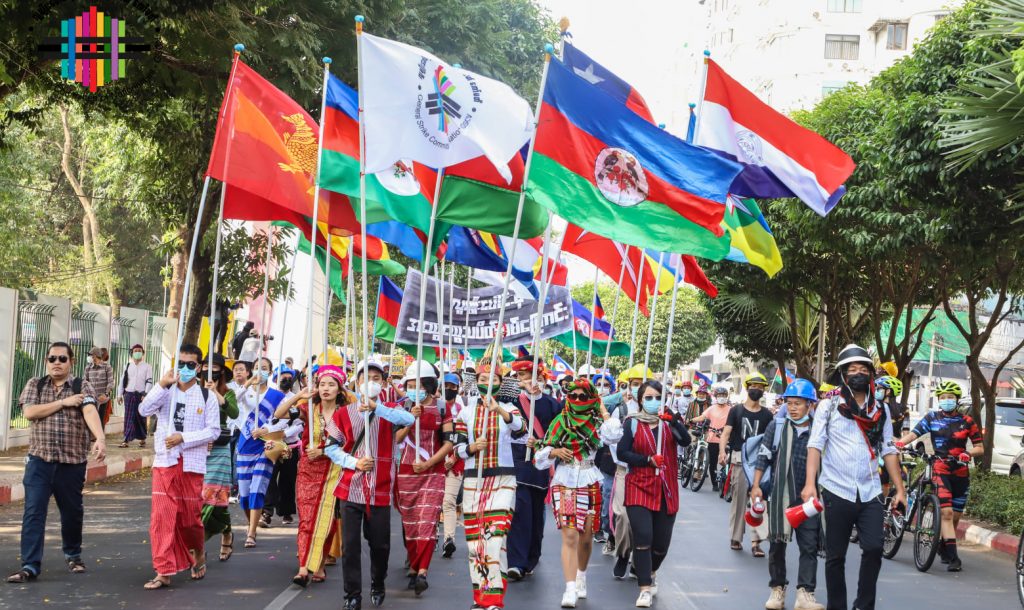
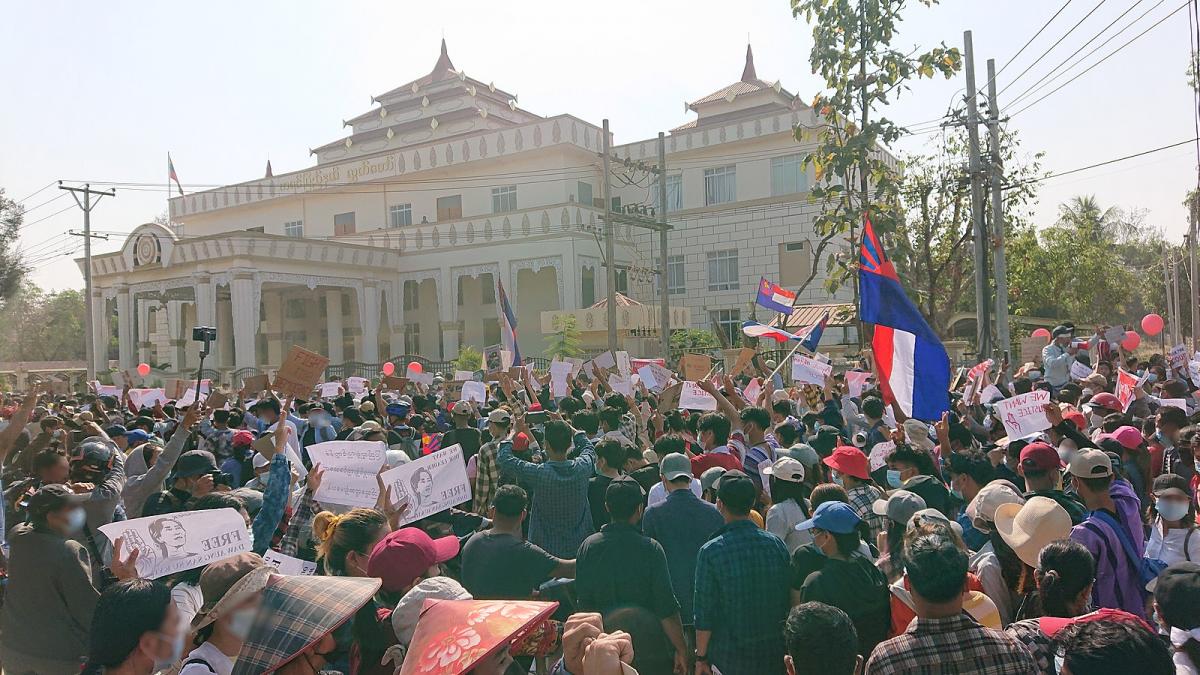
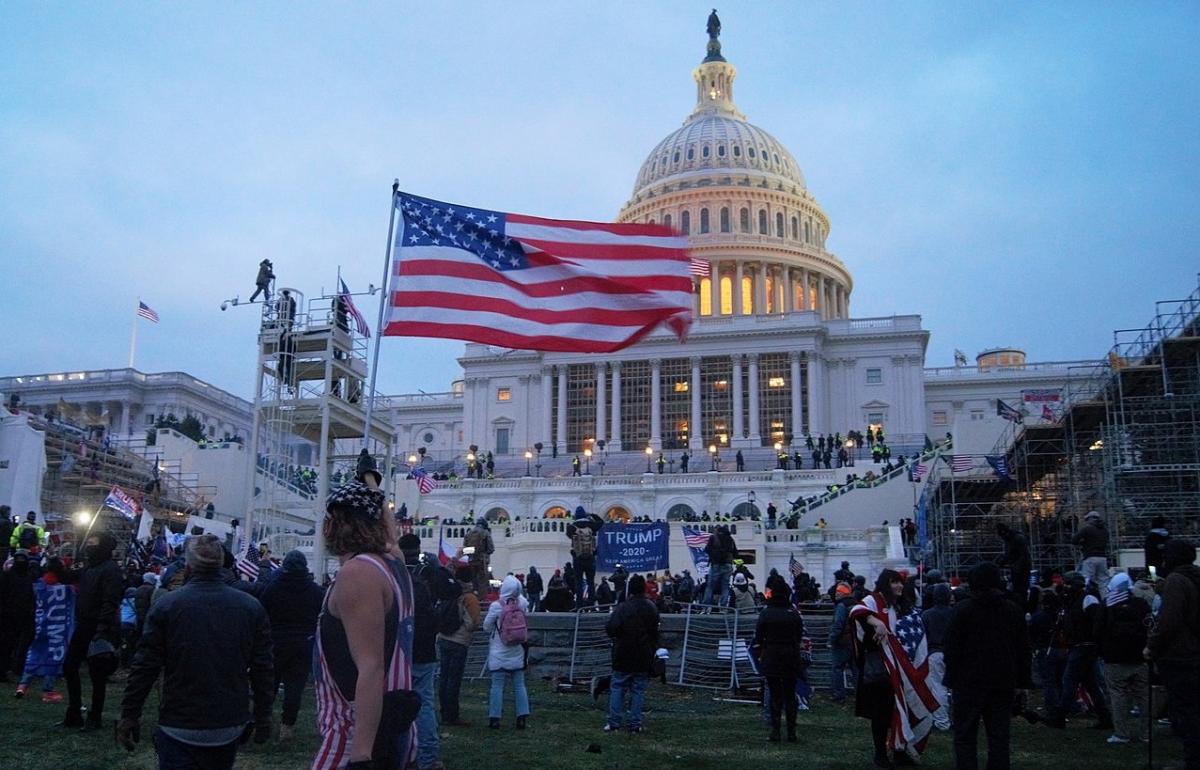
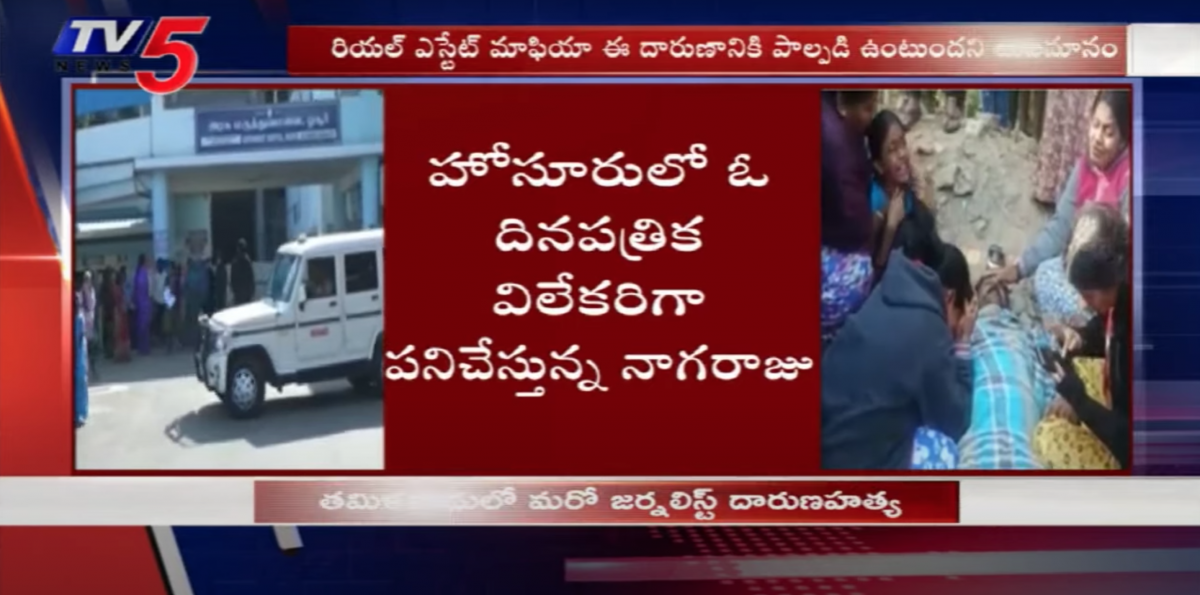
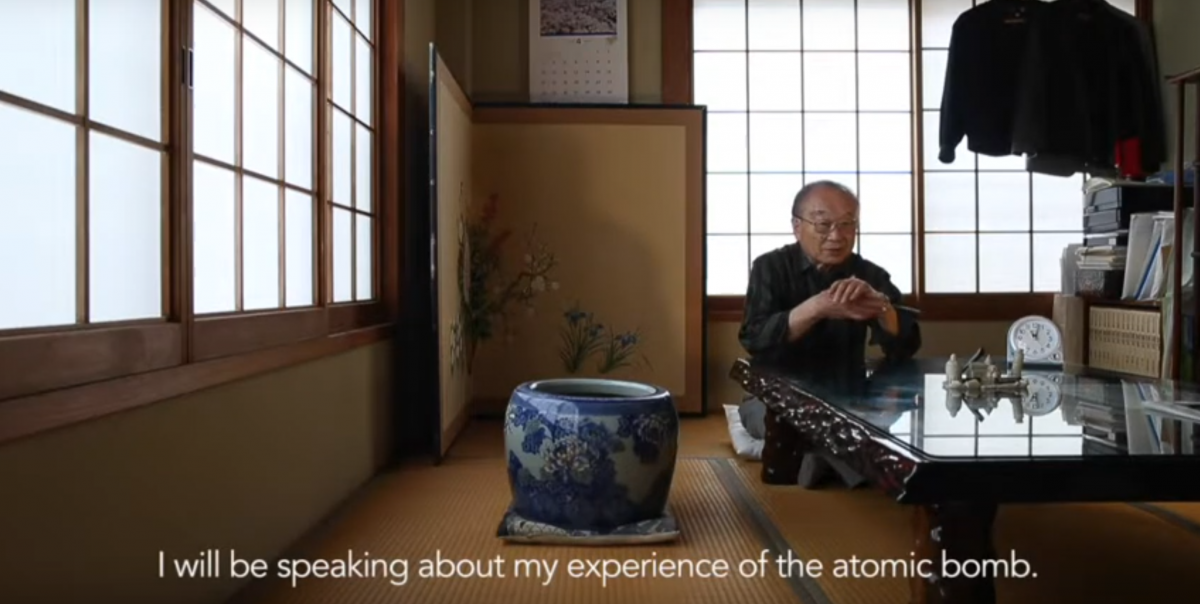










Recent Updates
21 hours 31 min ago
21 hours 36 min ago
22 hours 49 min ago
23 hours 1 min ago
23 hours 24 min ago
23 hours 31 min ago
23 hours 45 min ago
23 hours 56 min ago
1 day 24 min ago
1 day 46 min ago